This article previously appeared on Crossfader
Most people are generally aware at this point that the criminal justice system in the United States is flawed, but I don’t know that everyone is aware of the scope of the problem. Law & Order can tend to give people the sense that most criminal cases are seen by a jury, but in reality, over 90% of criminal cases are decided by guilty pleas rather than trials. Public defenders simply can’t take every case through an entire trial, the entire legal system would grind to a halt if every person awaiting conviction got the full Jack McCoy treatment. What’s more, a depressing amount of the people who do go through full jury trials still end up wrongfully convicted. Since the invention of DNA testing in the early ‘90s, the Innocence Project has been attempting to reopen cases and prove the innocence of people who have often sat in prison for decades, knowing that they were innocent.
WRONGFUL CONVICTION attempts to put the individual stories of the men and women exonerated by the Innocence Project, and unravels the difficult implications of the fact that the legal system failed them so completely. At the heart of every single story is a detective, a prosecutor, a judge, or even a public defender whose negligence or malice directly lead to a person losing their livelihood and freedom for no good reason. Oftentimes the episodes will point out that a certain detective or prosecutor was eventually revealed to have intentionally put away dozens of people they knew to be innocent simply to keep up a perfect track record of convictions.
If you absorb as many episodes of the show as I have (there are five seasons and dozens of episodes), it becomes impossible to ignore that there are clear patterns to the types of people who end up being wrongfully convicted. More often than not they are black men who come from low income backgrounds who did not have the means to hire a lawyer who would defend their case to the fullest extent possible. There is a clear intersection in this country where poverty and racism leads to specific communities being disproportionately incarcerated, and the problem is deeper than individual bad apples in the criminal justice system. The way we convict people of crimes and what we do with them after that fact is clearly fundamentally unsound.
Perhaps the most tragic pattern of all is that only very specific kinds of people who have been wrongfully convicted manage to have the wherewithal to bring their case to the Innocence Project. The people who do so have generally taught themselves a decent amount about the law while in prison, they’ve avoided getting in trouble while in prison and compounding their sentence, and they haven’t completely lost their sanity. The episodes of this show are often uplifting, stories of the endurance of the human spirit and how people can overcome horrific circumstances. But as the clear patterns of the show emerge, it’s impossible not to think of all the men and women the Innocence Project can’t save. All the people incarcerated for nonviolent drug offenses, the people wrongfully convicted of smaller crimes than murder, the innocent people who lost their will to live after being convicted. This is not an easy show to listen to, but it is an important show. To hear the frank stories of the people wrongfully put behind bars is essential to motivate all of us to work to upend these systems which so routinely trap people. We all participate in a society that incarcerates people at a staggering rate, we all have a duty to help reverse these trends. This podcast can’t change policy, but it can motivate you to take action.


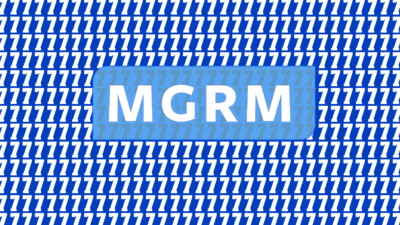

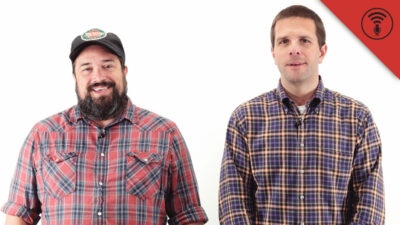
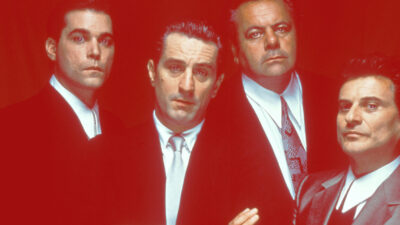


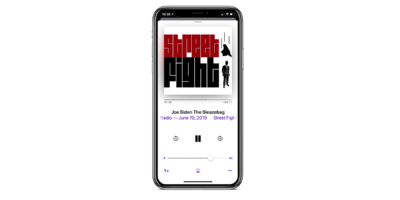
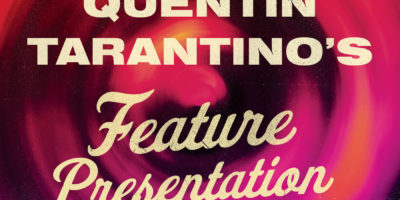

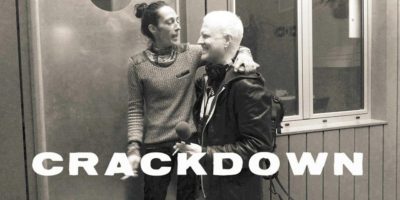




Comments